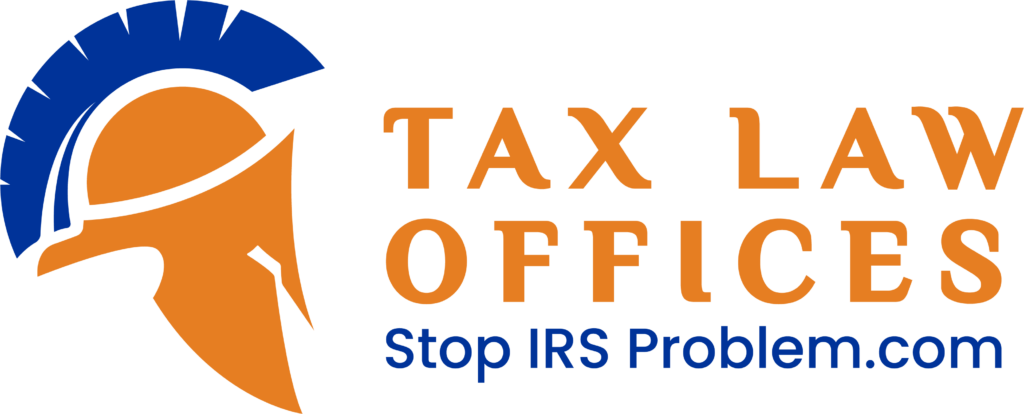Is Federal Lien a Threat of Levy?
 If you receive an IRS tax lien, do you have to worry about an IRS tax levy? Here’s a quick summary of what you should do.
If you receive an IRS tax lien, do you have to worry about an IRS tax levy? Here’s a quick summary of what you should do.
Why Do I Even Have a Federal Tax Lien?
When the IRS has been alerted that the liability will not be fully paid within 120 days, IRS routinely files their lien against liabilities. This is in order to protect the government’s ability to collect. The lien secures IRS’s debt against your assets, for collection in case of default, or in case you sell an asset. This is a required step in IRS procedure, especially when there is over $50,000 of tax liability.
Click here for a quick video explanation of the IRS tax lien.
This lien does not suddenly impose any new or more heightened threat of levy. But that does not erase the already present threat of IRS seizing a person’s assets. So we still have to deal with a potential levy anyway.
A Rule that Protects Against Levy
As background, the IRS’s procedural rule-book is the Internal Revenue Manual (IRM). By the specific procedures detailed within the IRM, an IRS tax levy should not occur in the event of a timely-filed request for an appeal of the lien. This appeal is called the Collection Due Process (CDP) Hearing.
IRM Section 5.1.9.3.5.1, entitled “Levy Action during the Period of the CDP”, states:
If the taxpayer files a timely request for a CDP hearing during the IRC § 6330 notice period, levy actions on the assessments that are the subject of the CDP notice must be suspended during the appeal period and while any court proceedings are pending with the following exceptions:
• Jeopardy levy situations,
• Levies on state income tax refunds,
• Levies served on Federal contractors,
• Disqualified employment tax levies.
In short, you can file for a CDP hearing after receiving a tax lien, to challenge that lien. When you do, with a few exceptions, you protect yourself from levies as well.
 How to Request a Collection Due Process Hearing
How to Request a Collection Due Process Hearing
As tax lawyers, we routinely file IRS Forms 12153, Request for a Collection Due Process Hearing. As explained above, this is typically done to contest an action, such as lien, levy, or even threat of levy. But even in the case where we do not challenge a lien, we may still timely file a request to preserve our clients’ rights to contest the lien, if we later choose to do so. The added benefit is this also stops most reasonable threat of levy of the same tax.
Stay mindful of IRS notices, and don’t wait to take action.
